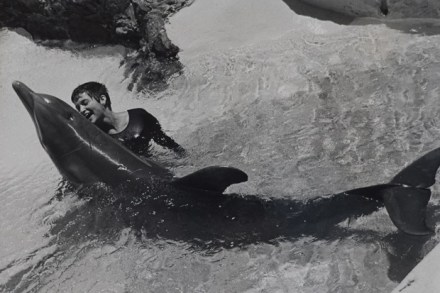At their best the Psychedelic Furs are fantastic
It’s amazing what the movies can do. In 1986, the John Hughes teen flick Pretty in Pink — the one where poor girl Molly Ringwald and rich kid Andrew McCarthy get it together despite their friends’ disapproval — took its title from a Psychedelic Furs song, which featured heavily in the film. Whoosh! Suddenly they were proper stars. Or rather they were for a year or so. They reformed in 2000, but were just another band on the nostalgia circuit. Then along came another movie, the 2017 arthouse hit Call Me By Your Name, which featured their 1982 single ‘Love My Way’. Since then, the venues have grown again, the

















